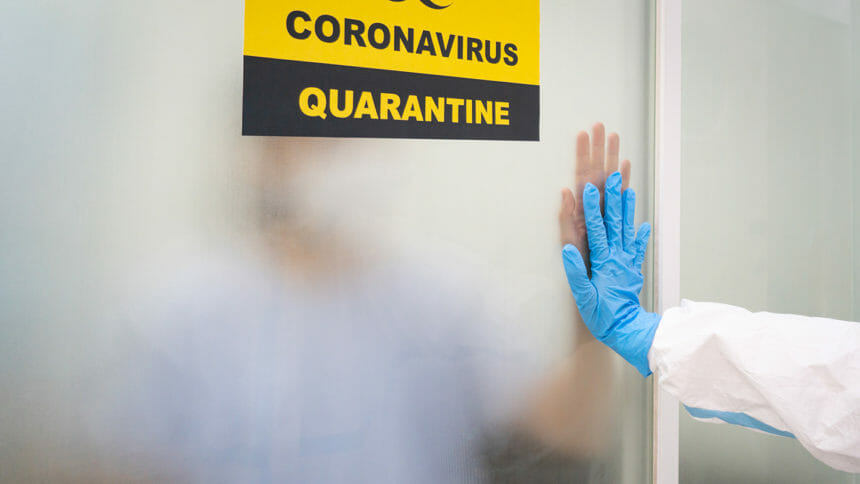
A new study found a link between having COVID-19 and a higher risk for dementia in people over the age of 60.
The study is a pre-print, so it hasn’t been peer-reviewed. It was posted to Preprints with The Lancet last week. Specifically, the researchers found that having COVID-19 contributed to the development of new-onset dementia over different time intervals in older adults. The first author was Dan Shan, who has affiliations with Columbia University, Lancaster University and Sichuan University in China. The other authors are from Lancaster University and University of Oxford in the UK.
The team reviewed 11 existing studies to see if SARS-CoV-2 infections boosted the risk for new-onset dementia in people over 60. The research included 939,824 people and 6,765,117 controls; one group of controls had other respiratory infections but not COVID-19, and the other control group included people who hadn’t contracted COVID-19 at all. Data came from people who had survived COVID-19 and underwent dementia testing. The team looked at subgroups based on sex, age, type of dementia a person had, severity of SARS-CoV-2 infections, to name a few, to see if there were any correlations.
The link between COVID-19 and having a higher risk for new-onset dementia was 1.58 times higher in those who had the infection. The risk was higher among those who had COVID-19 at 12 months after infection, but not at three or six months compared to controls who never had COVID-19. Compared to people who had another respiratory infection but not COVID-19, the increase wasn’t significant at three, six or 12 months, or overall. Women had a 1.65 times higher risk for developing new-onset dementia if they had COVID-19.
Those who had severe COVID-19 were more than 17 times more likely to develop new-onset dementia compared to those whose infections weren’t severe. Cognitive impairment was nearly twice as likely in COVID-19 survivors compared to those uninfected.





